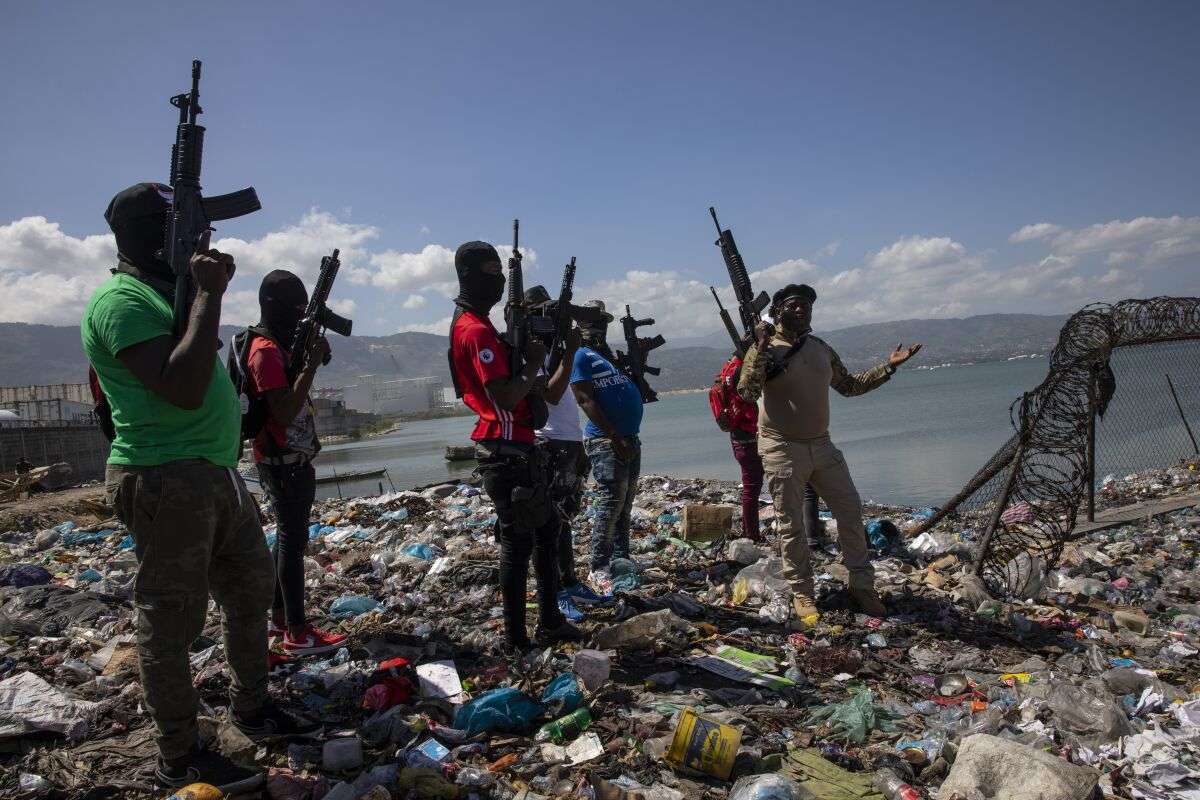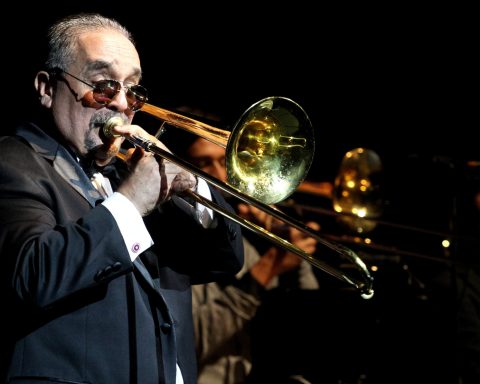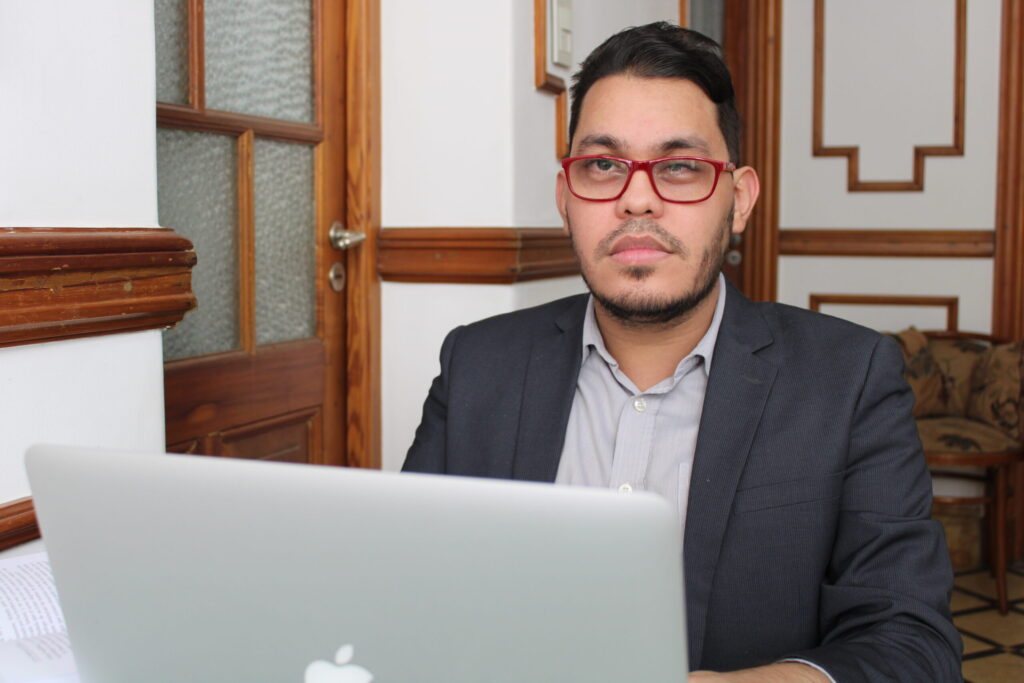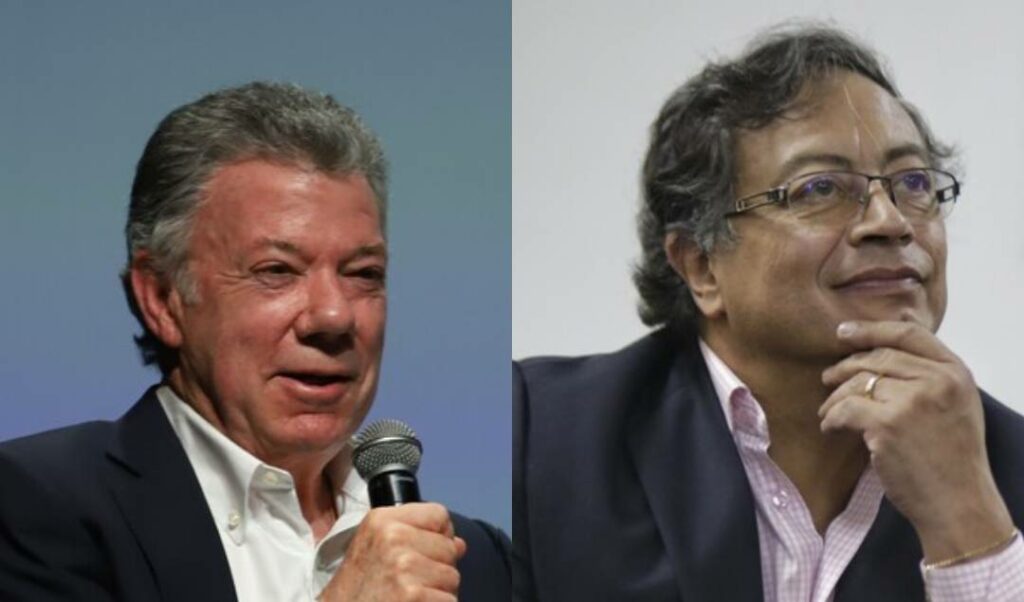The Office of the UN High Commissioner for Human Rights reported that from January to March 15, “531 people were killed, 300 injured and 277 kidnapped in gang-related incidents, mainly in the capital, Port-au-Prince.”
“Most of the victims were killed or wounded by snipers who allegedly fired randomly at people who were in their homes or on the street,” OHCHR spokesperson Marta Hurtado told the press.
In the first two weeks of March alone, clashes between gangs left at least 208 dead, 164 injured, and 101 kidnapped.
The UN Human Rights Office is very concerned about the violence in Haiti, where “clashes between gangs are increasingly violent and frequent,” he said.
“We ask the international community to urgently consider the deployment of a specialized support force (…) with a complete and precise action plan,” Hurtado said.
Among the victims of stray bullets are students and school teachers. The UN also denounced an increase in the kidnappings of parents and schoolchildren in the vicinity of study centers, which has forced the closure of many schools.
Haiti – the poorest country in the Americas – has been plunged into a humanitarian, economic and political crisis for years, exacerbated since the assassination of President Jovenel Moise in 2021 and accentuated by the rise in gang violence.
Chronic instability and violence have skyrocketed food prices and half of Haiti’s population lacks enough to eat, Hurtado said.
At least 160,000 people have been displaced and live in precarious conditions, and a quarter of them live poorly in camps, with limited access to basic sanitation services, he added.
“Sexual violence is also used by gangs against women and girls to terrorize them, subdue them and punish the population,” denounced Hurtado. Gangs, he said, kidnap girls to pressure families to pay a ransom.
The UN High Commissioner for Human Rights, Volker Turk, called on the Haitian authorities to resolve the security situation, with a reinforcement of the police and a reform of the judicial system.
















